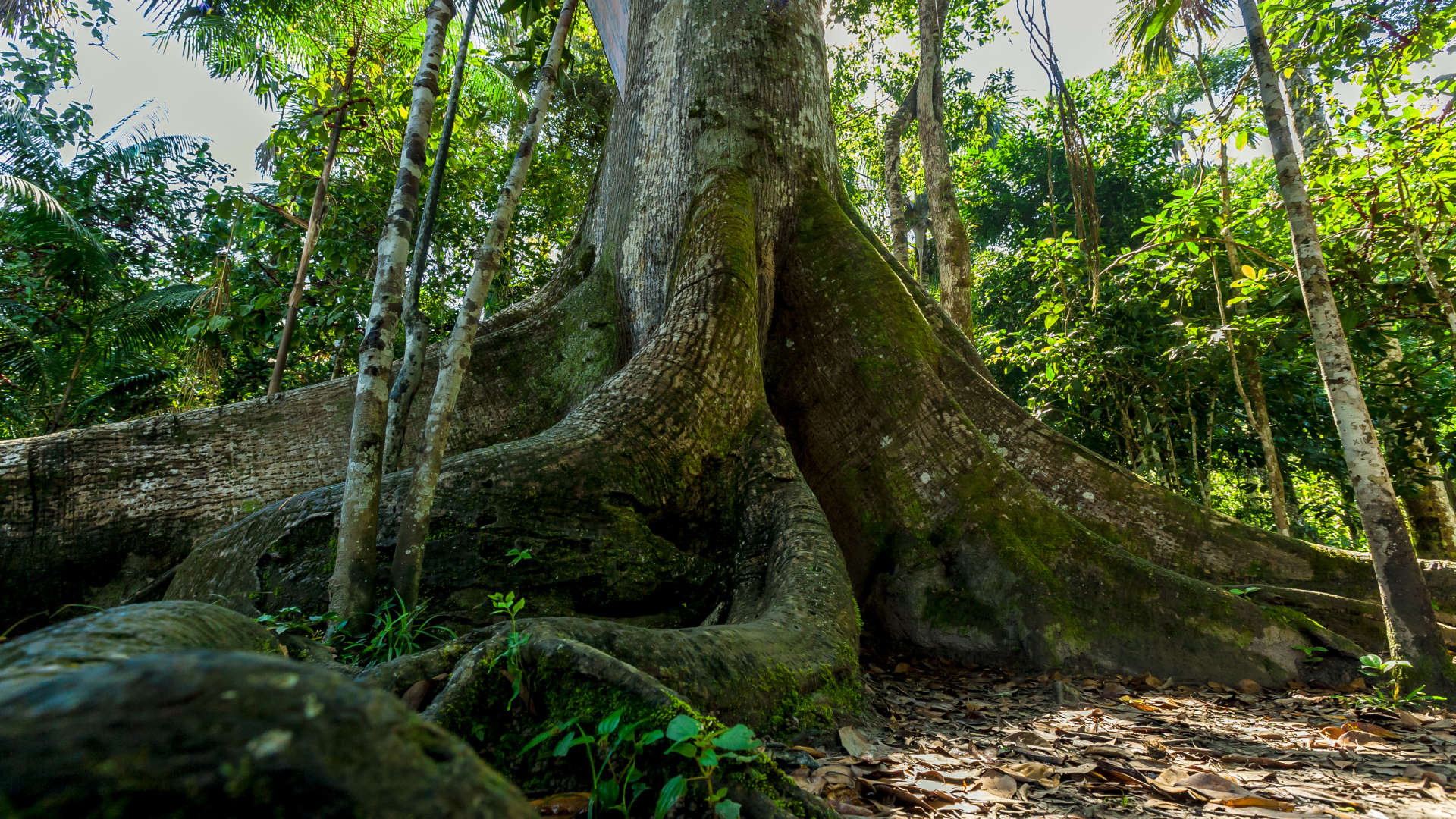American Men Have Higher 'Macho' Hormone than Bolivian Tribesmen

Get the world’s most fascinating discoveries delivered straight to your inbox.
You are now subscribed
Your newsletter sign-up was successful
Want to add more newsletters?

Delivered Daily
Daily Newsletter
Sign up for the latest discoveries, groundbreaking research and fascinating breakthroughs that impact you and the wider world direct to your inbox.

Once a week
Life's Little Mysteries
Feed your curiosity with an exclusive mystery every week, solved with science and delivered direct to your inbox before it's seen anywhere else.

Once a week
How It Works
Sign up to our free science & technology newsletter for your weekly fix of fascinating articles, quick quizzes, amazing images, and more

Delivered daily
Space.com Newsletter
Breaking space news, the latest updates on rocket launches, skywatching events and more!

Once a month
Watch This Space
Sign up to our monthly entertainment newsletter to keep up with all our coverage of the latest sci-fi and space movies, tv shows, games and books.

Once a week
Night Sky This Week
Discover this week's must-see night sky events, moon phases, and stunning astrophotos. Sign up for our skywatching newsletter and explore the universe with us!
Join the club
Get full access to premium articles, exclusive features and a growing list of member rewards.
No one would accuse the men of the Tsimane tribe of Bolivia of being anything less than manly, given their hunter-gatherer lifestyle. But new research suggests that Tsimane tribesmen have a third less baseline testosterone than their more sedentary American counterparts.
The study highlights the gap between the popular conception of testosterone as a chemical jolt of masculinity and the actual complexities of the hormone. In fact, having high baseline levels of testosterone can be a handicap for men.
"Maintaining high levels of testosterone compromises the immune system, so it makes sense to keep it low in environments where parasites and pathogens are rampant, as they are where the Tsimane live," study researcher Ben Trumble, an anthropology graduate student at the University of Washington, said in a statement.
Trumble and his colleagues measured salivary testosterone in 88 16- to 59-year-old Tsimane men 15 minutes before a multi-village soccer tournament. After these men played in the tournament, the researchers measured their salivary testosterone again 10 minutes later and then an hour after the game.
They found that compared with age-matched American men and controlling for body size, baseline testosterone levels among the Tsimane are low: 182.9 picograms per milliliter for Tsimane men versus 266.8 picograms per milliliter for U.S. men. Like men the world over, however, the Tsimane soccer players got a testosterone boost from competition. Ten minutes after the game, their salivary testosterone was 30 percent higher than the pre-game measurement. An hour later, it was still 15.5 percent higher than before the game.
Studies of men in industrialized countries suggest they get a similarly sized boost from competition at about 37 percent, the researchers report today (March 27) in the journal Proceedings of the Royal Society B.
The study highlights the oddity of the industrialized man, study co-author and University of California Santa Barbara anthropologist Michael Gurven said in a statement.
Get the world’s most fascinating discoveries delivered straight to your inbox.
"Our lifestyle now is an anomaly, a major departure from our species' long-term existence as hunter-gatherers," Gurven said.
This lifestyle change could have important health effects, the researchers found. Unlike American men, the Tsimane did not see a decline in baseline testosterone with age. In the U.S., drops in testosterone correlate with the onset of age-related disorders such as heart disease rarely seen in the very active Tsimane, Trumble said.
You can follow LiveSciencesenior writer Stephanie Pappas on Twitter @sipappas. Follow LiveScience for the latest in science news and discoveries on Twitter @livescienceand on Facebook.

Stephanie Pappas is a contributing writer for Live Science, covering topics ranging from geoscience to archaeology to the human brain and behavior. She was previously a senior writer for Live Science but is now a freelancer based in Denver, Colorado, and regularly contributes to Scientific American and The Monitor, the monthly magazine of the American Psychological Association. Stephanie received a bachelor's degree in psychology from the University of South Carolina and a graduate certificate in science communication from the University of California, Santa Cruz.
 Live Science Plus
Live Science Plus










